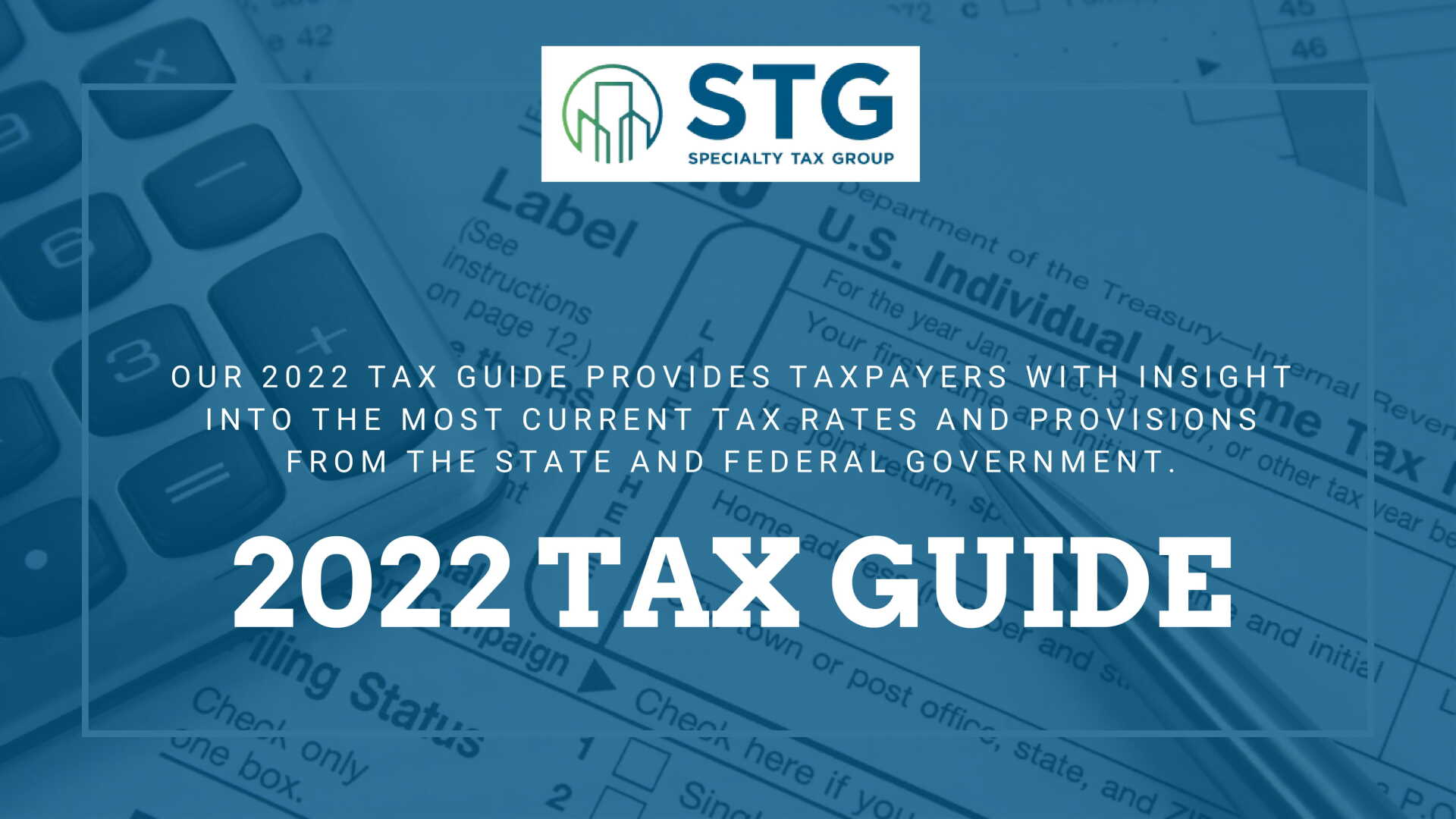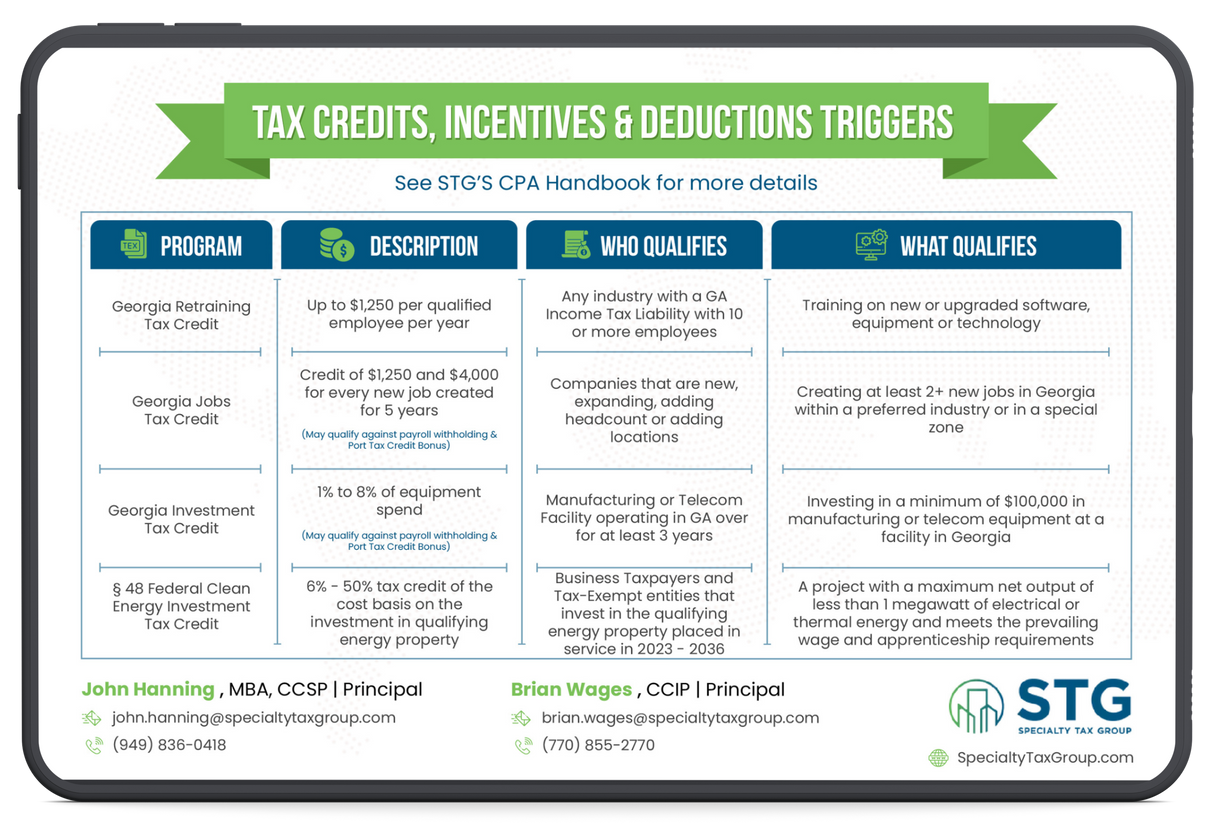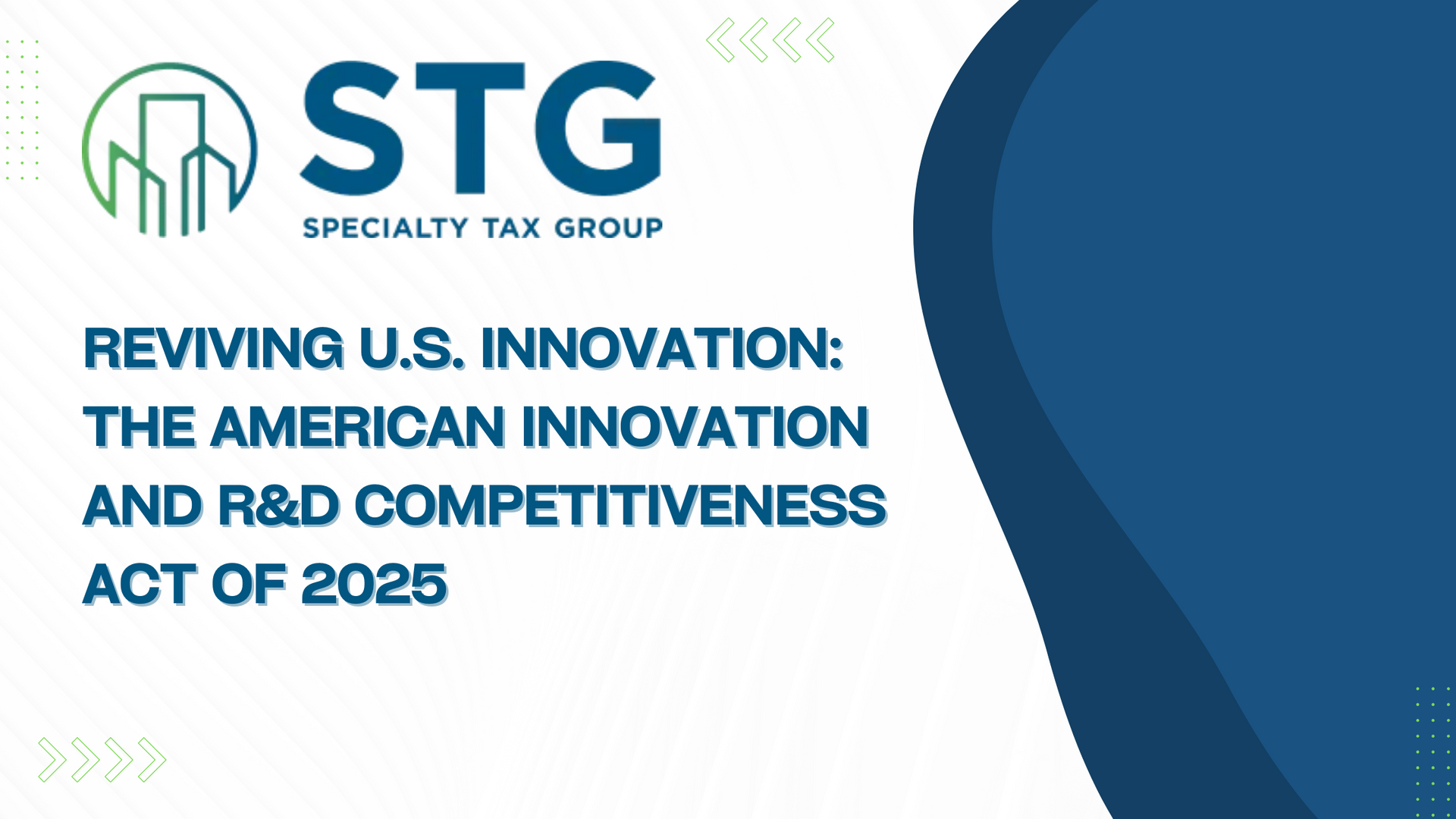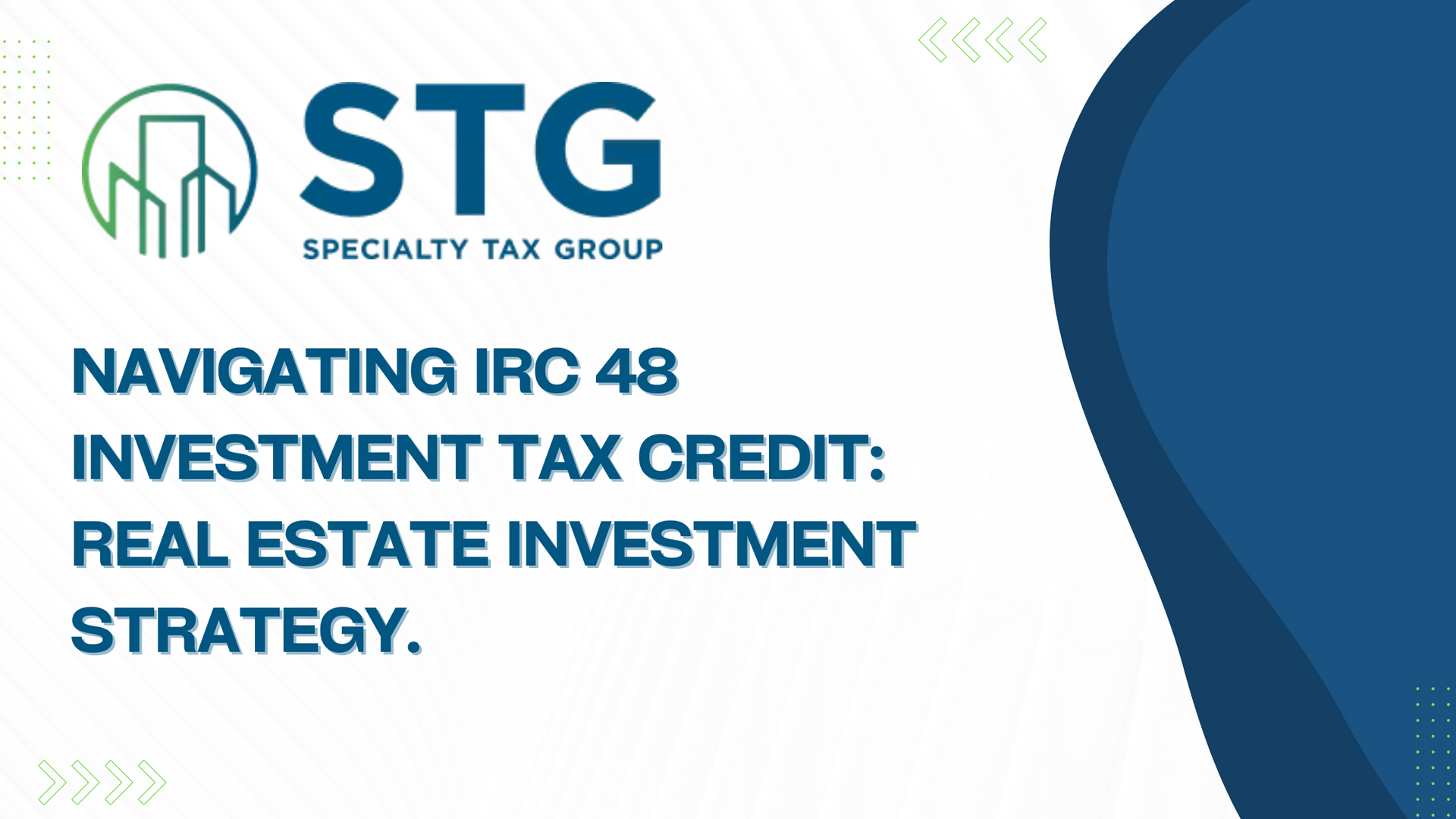This blog post has been researched, edited, and approved by John Hanning and Brian Wages. Join our newsletter below.
Newsletter Form


Free 2022 Tax Guide
This tax guide provides taxpayers with insight into the most current tax rates and provisions from the state and federal government
Pursuing ongoing career training for accountants is more than just keeping your license. Though you gain credits yearly to stay current on new rules and tech, getting training gives your clients real value.
Training ensures accountants actively learn and better their skill and grasp as the professional scene and hurdles change. It can sharpen your talents and bolster your professional bond with your clients.
The Fives Benefits of CPE for CPAs.
Highlight Expertise – CPE credits can be earned across various topics. CPAs can use their CPE credits to show their expertise and background in specific fields that may benefit many employers. They provide assurance that you have completed courses and have the experience and knowledge to better serve your clients.
- Stay on Top of Your Skills – In the world of accounting, the rules, regulations, systems, and more are continuously changing and evolving. To stay credible, you need to continuously refresh and revise your current skills to stay ahead of emerging trends and challenges. CPE credits can prepare you by improving your current skills to apply them in any situation that may arise.
- Prepares You for Future Advancements – Emerging technologies and automation are on the rise in the CPA industry. With CPE, you can be better equipped to utilize tech skills to perform your job duties and easily integrate with new and updated tech, such as improved data analytics, cloud computing, and more.
- Allows You to Network – With the needed hours for CPE credits, you get to enroll in virtual and in-person courses that will enable you to meet and connect with other CPAs and professionals in accounting. Networking allows you to meet individuals that can help support and foster your professional development in your career.
- Broaden Your Skillsets – You can become an expert in the field of accounting by broadening your skillsets by earning CPE credits in many advanced subjects. By taking on new skills, you can open up new possibilities for career advancement and become the go-to in your firm.
What are the CPE Requirements?
While keeping up with CPE requirements can be challenging, knowing them is essential so you can plan ahead and keep your CPA license in good standing. There are many ways to fit in earning your required CPE credits through virtual or in-person courses, approved conferences, and workshops.
For Georgia CPAs, the updated CPE requirements effective from January 1, 2024, are as follows:
- No CPE is required during the first year of licensure.
- After the first renewal period, CPAs must complete 80 hours of CPE every two years.
- Of these 80 hours, 16 hours (20%) must be in auditing and accounting subjects until December 31, 2023.
- A minimum of 20 hours of CPE must be earned each year.
- Licensees should retain documentation of CPE credits for five years.
- A licensee who has reached the age of 70 is exempt from CPE requirements.
- The Georgia State Board of Accountancy does not pre-approve any providers or courses for continuing professional education. The responsibility for determining if the course meets the requirements rests upon the provider and the licensee.
Earning CPE credits can help you be better equipped to take on the changes and challenges of a rapidly evolving accounting landscape. Stay in compliance and sharpen your skills through CPE to ensure you can continue to learn, grow, and advance in your career. And our team at STG is here to help you through this process. Want to learn more? Contact us today!





